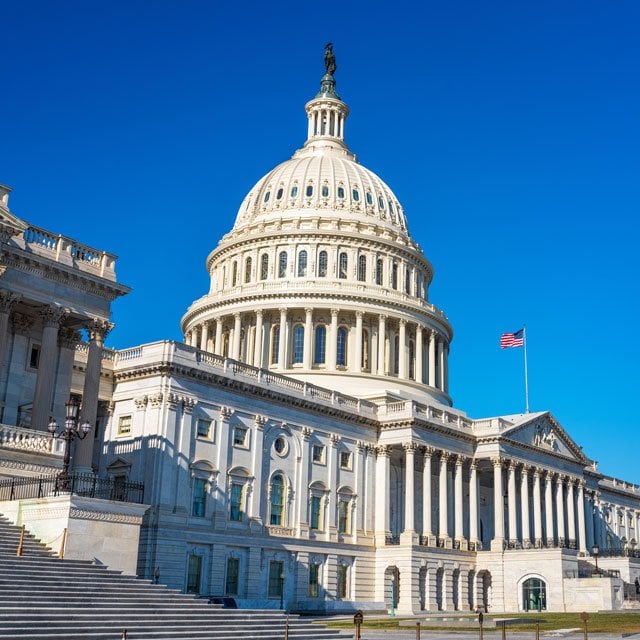New Retirement Bill Lowers Plan Participation Age to 18

What You Need to Know
Retirement plans are now allowed to exclude workers under 21.
The bill would allow employers to waive matching contributions and some regulatory requirements for workers 18-20.
A policy expert said the bill was a positive step.
New retirement legislation, the Helping Young Americans Save for Retirement Act, would lower the participation age for Employee Retirement Income Security Act-covered defined contribution plans to 18 years old under certain circumstances.
The bill was introduced by Sens. Bill Cassidy, R-La., ranking member of the Senate Health, Education, Labor and Pensions (HELP) Committee, and Tim Kaine, D-Va., a member of the Senate HELP Committee.
Covered plans would still be able to set a minimum age threshold up to 18 years old, according to the senators.
“Under current law, employers sponsoring 401(k)s and similar plans can exclude employees under age 21 from participating in the plan,” Mark Iwry, a former senior advisor to the U.S. Secretary of the Treasury for national retirement and health care policy, told ThinkAdvisor Thursday in an email.
“This bill would take a step to broaden access to 401(k) saving by no longer allowing these plans to deny employees between ages 18 and 20 the ability to save some of their own wages through the plan,” explained Iwry, a nonresident senior fellow at the Brookings Institution in Washington. “This is a positive step that would broaden access to 401(k) type saving for employees between age 18 and 20.”
However, “the bill, as I read it, would also make it easier and less costly for employers to expand access in this way by not requiring them to offer these age 18 to 20 employees any employer matching contributions the plan might be making for older employees and by allowing plans to disregard the age 18 to 20 employees when complying with nondiscrimination standards and certain other worker protections,” Iwry added.
“Plans can currently allow 18-to-20-year-old employees to participate, and many do, but without this bill’s special waivers of employer contributions and relaxation or postponement of other worker protections,” Iwry added.
Cassidy added in a statement that “Americans who decide to enter the workforce instead of going to college should have every opportunity available to save for retirement. This legislation increases those opportunities and empowers working Americans to plan for a secure retirement.”






